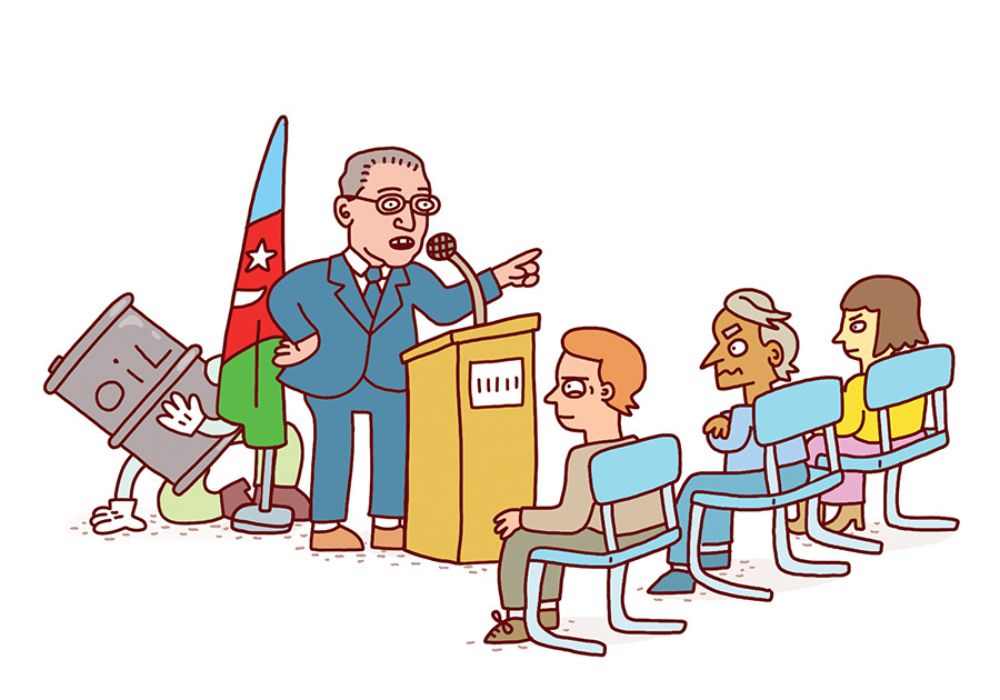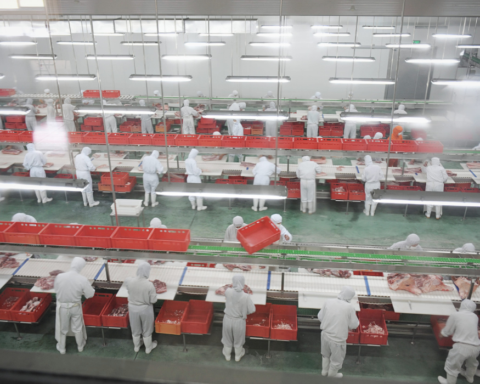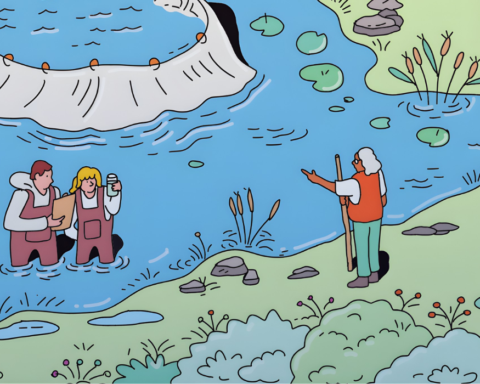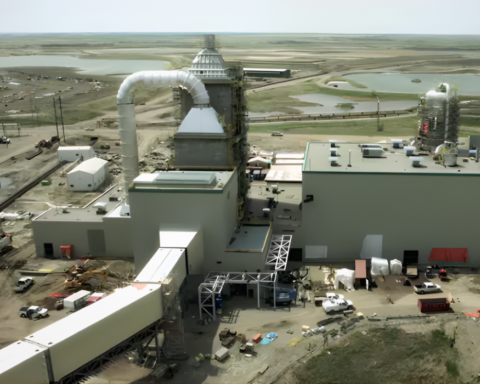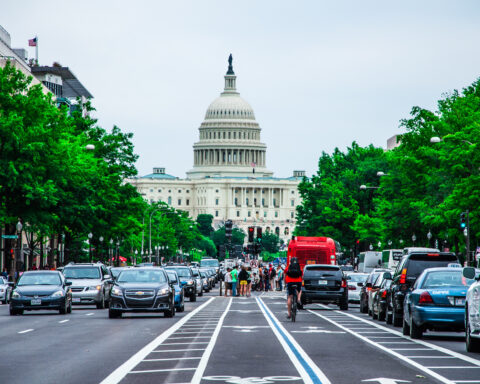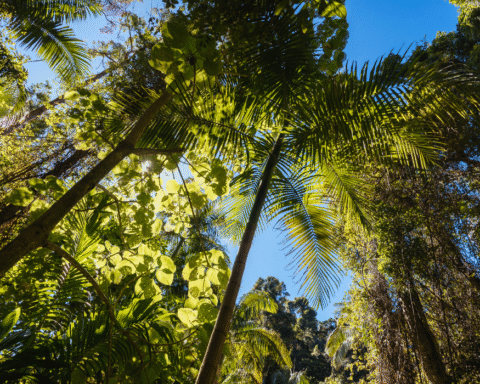At the close of every year, the conscience of the world goes on display at the annual United Nations Climate Change Conference. Held last year in the United Arab Emirates, the COP28 meeting came under fire for planning a hydrocarbon-free future in a country where oil and gas account for 30% of total exports. In 2024, COP29 must dig itself out of a bigger hole.
The conference begins November 11 in Baku, the capital of Azerbaijan, a shaky petrostate that earns 92% of its export revenue from oil and gas. This is the country where the very first oil wells in the world appeared in the 1840s. This year’s conference president, Mukhtar Babayev, is the nation’s ecology and natural resources minister, and a 26-year veteran of the State Oil Company of Azerbaijan.
Moreover, the UN’s visionary commitment to develop a more just, tolerant society as part of its Paris Agreement goals also looks shaky when it works with an authoritarian family dictatorship. Freedom House, a Washington, D.C.–based non-profit, gives Azerbaijan a “freedom score” of seven out of 100 (down from nine last year, and well below the U.A.E.’s score of 18/100). An undercover investigation by Global Witness, detailed in a report released last week, exposed the interest of Azerbaijan leaders to use their COP leadership position to facilitate discussion of fossil fuel deals. The NGO secretly filmed Elnur Soltanov, the CEO of COP, discussing oil and gas deals ahead of the climate summit.
Azerbaijan President Ilham Aliyev has been in power since 2003, when he succeeded his father, Heydar Aliyev, a former KGB official who ruled the country when it was a Soviet republic. The family has stayed in power by suppressing dissent, restricting press freedom and limiting civil liberties.
We have neither the time nor the patience for more scams or games of smoke and mirrors like your greenwashing fund.
– Pacific Climate Warrior Joseph Zane Sikulu
Earlier this year, Aliyev called Azerbaijan’s oil, which fuelled Russia for a century, “a gift from God” – signalling he’s not about to leave it in the ground. When Azerbaijan’s first large-scale solar power plant opened last October, Aliyev boasted of “moving towards a green agenda.” But the project offers few environmental benefits, since Azerbaijan plans to export the gas its own power plants no longer need. Worse, Azerbaijan waged war for three years against ethnic Armenians in their disputed, semi-autonomous enclave of Nagorno-Karabakh. Azerbaijan’s initiative, which the European Parliament labelled ethnic cleansing, resulted in the flight of 136,000 Armenians. The region, Aliyev says, will now become a “green energy zone.”
Babayev likes to say that the country is acting as a bridge between East and West and the wealthy Global North and the Global South, seeking to raise US$1 billion from fossil fuel producers for a climate fund to help poor nations. Pacific Climate Warrior Joseph Zane Sikulu, from the low-lying islands of Tonga, calls it greenwash. “We have neither the time nor the patience for more scams or games of smoke and mirrors like your greenwashing fund.”


